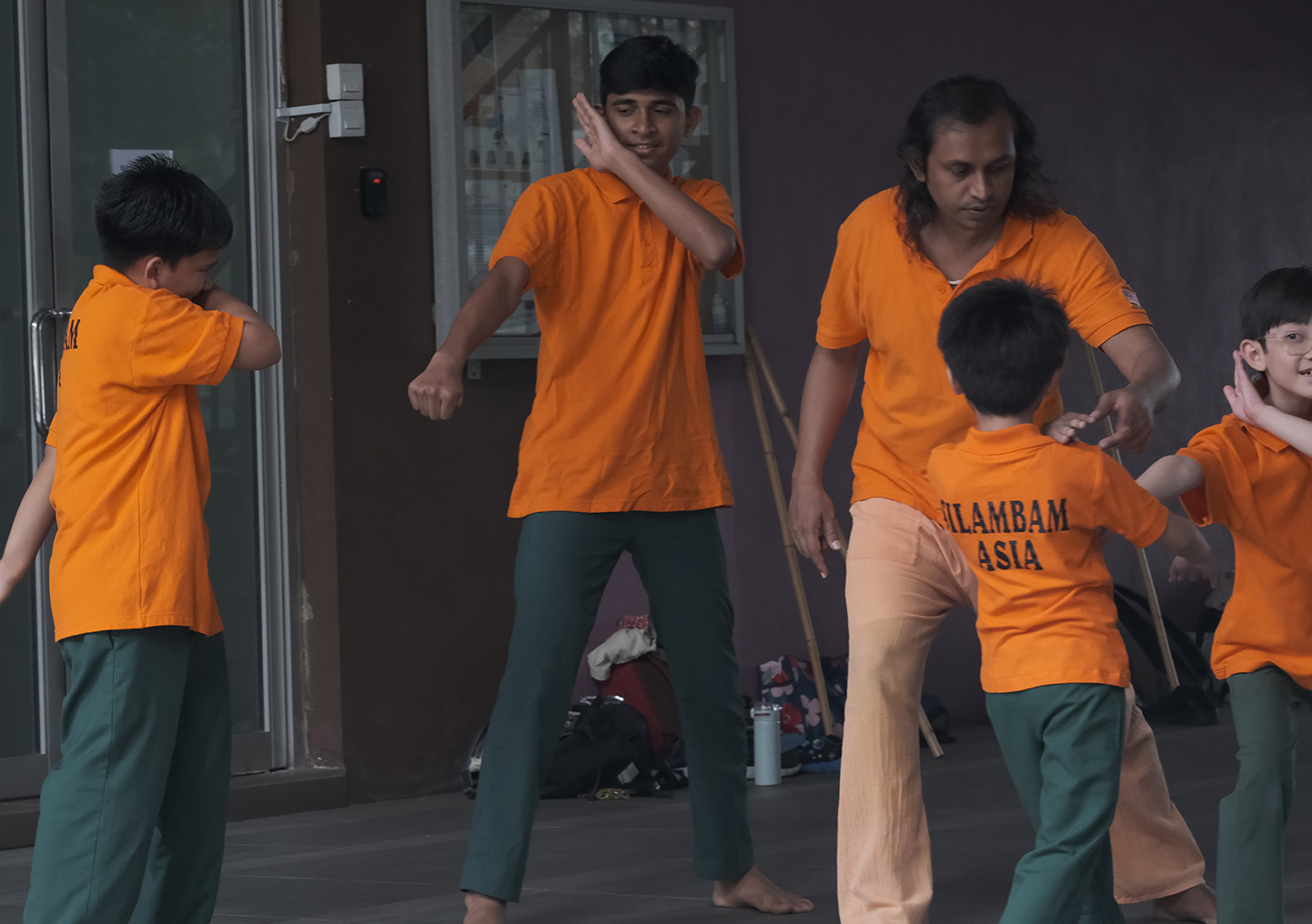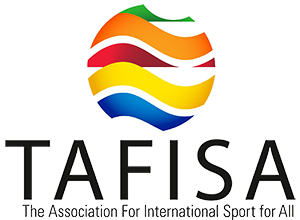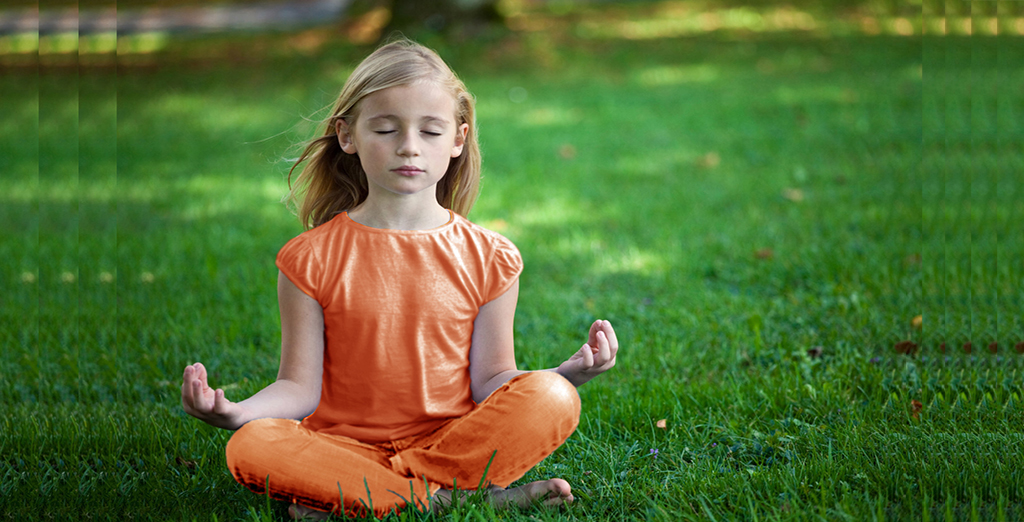
Silambam Mastery
Veda
Veda
Veda Studies and Knowledge - Quick Summary.
Veda Studies and Knowledge
The earliest attested Sanskrit texts are Brahmanical texts of the Rigveda, from the mid-to-late second millennium BCE. No written records from such an early period survive, if they ever existed. However, scholars are confident that the oral transmission of the texts is reliable: they were ceremonial literature whose correct pronunciation was considered crucial to its religious efficacy.
From the Rigveda until the time of Pāṇini (fourth century B.C.E.) the development of the early Vedic language can be observed in other Vedic texts: the Samaveda, Yajurveda, Atharvaveda, Brahmanas, and Upanishads. During this time, the prestige of the language, its use for sacred purposes, and the importance attached to its correct enunciation all served as powerful conservative forces resisting the normal processes of linguistic change. However, there is a clear, five-level linguistic development of Vedic from the Rigveda to the language of the Upanishads and the earliest Sutras (such as Baudhayana).
Silambam Asia (SILA) is in official partnership with the United Nations Sustainable Development Goals (UN-SDGS) to preserve and safeguard the Indian traditional arts, sports, cultural, and educational content of Silambam at the international level.
Silambam Asia plays active roles as an international organization for governance and sustainable development in the Indian traditional arts and sports for education, health, fitness, culture, nature, climate change, recreation, and dissemination of all these related information. Thus, it is vital to provide expertise for members by providing training, research, revive, rejuvenate, retain, and restore.
The mission of Silambam Asia as an umbrella organization of the World Silambam Association (WSA) is to provide effective international governance by constantly improving technical rules and regulating Silambam competitions or participation in international events or sporting arenas to be recognized as an Olympic and Paralympic sport in the near future.
Silambam Asia - Introduction
Indian traditional arts and sports for education, health, fitness, culture, nature, climate change, recreation, and dissemination.
Video content with development work, achievements and silambam history.
We Support






